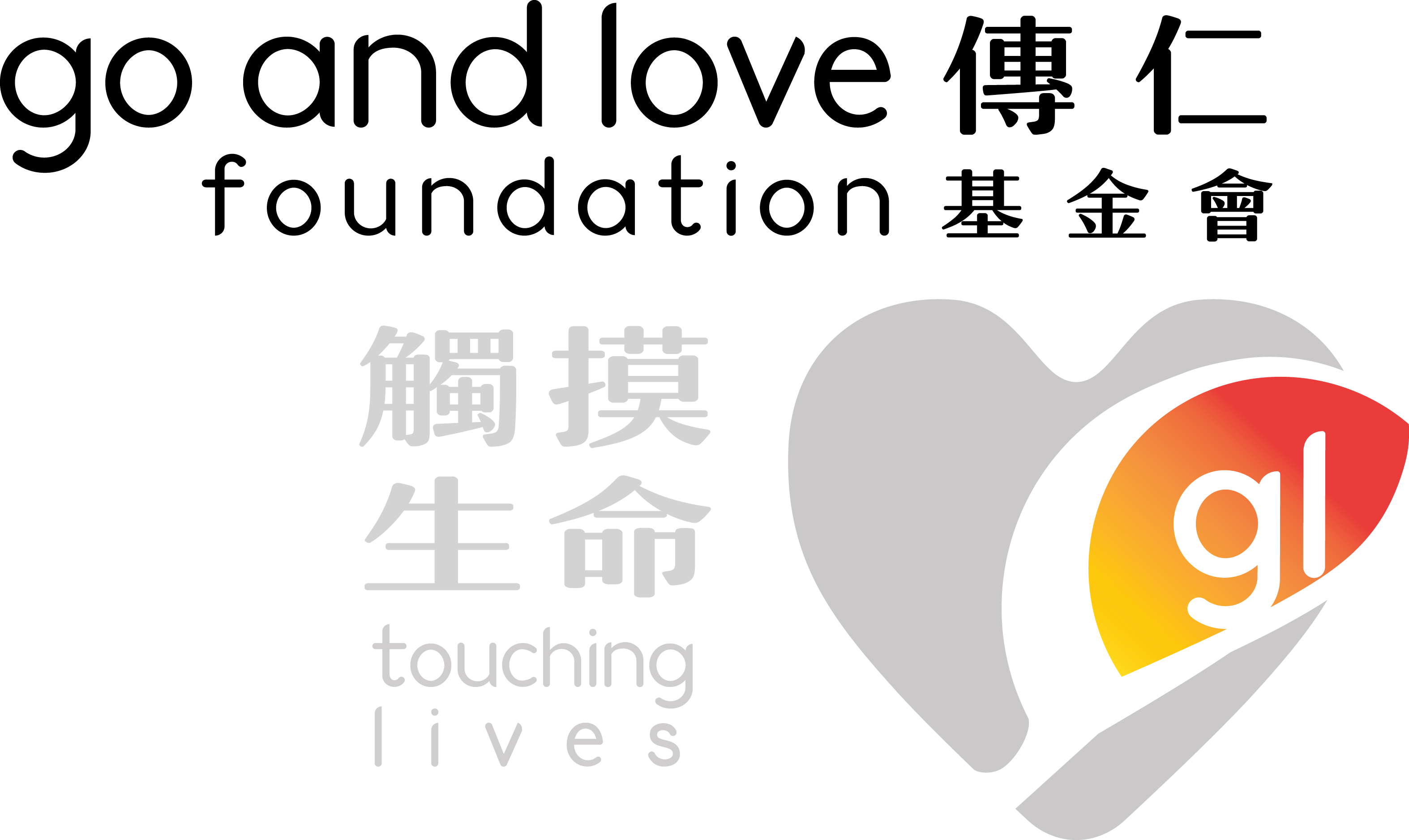
A Hard to Get Breakthrough
Since the 1980’s to 1990’s, the Chinese Government implemented numerous development programs for many impoverished villages in the countryside. Due to the huge numbers of poor people, the central and local governments continued to spend many billions of dollars to solve the poverty problem every year. Today many non-profit organizations joined the efforts to address this problem, but it is still far from meeting the needs. After 30 years, although many large cities are becoming wealthy, but we still have tens of millions of old people and minority tribes in remote mountainous areas living in poverty and needing help. I couldn’t help to ask “God has given everyone born talents. Why can’t we encourage all the people to work together with the government to develop impoverished areas?”
In the past seven years, I have continued to promote the model of “Community Health Development Education” in many parts of Yunnan Province of China. The concept of the model is to help some impoverished villages by encouraging and mobilizing the villagers to recognize their untapped potentials and put it to good use to improve their own economic conditions, environment, hygiene, and mental health. In addition to outside help, the villagers can also use their own abilities to get out of poverty and become healthy and wealthy. This concept was well received by many government officials in the past. But due to different reasons, it died before it was born or it ran into difficulties and was not implemented. Finally in last summer, several senior provincial government officials liked the idea and agreed to work with the Go and Love Foundation to actually implement this model. In this February, accompanied by two provincial senior officials, we visited a preselected village to implement the model as a pilot project.
There are 104 families in this village. 89% of the villagers are of Lahu Tribe. They make their livings by planting tobacco, walnut, macadamia nut and coffee. Due to lacking of outside technical help, except tobacco, the other crops did not bring much economic benefit to them. In October 2014, this area was struck by a 6.6 Richter scale earthquake and some houses collapsed. The local government helped 32 houses to rebuild and planned to turn this village into a “Beautiful Village” within three to five years.
One morning in a meeting with a group of local government departmental heads, I asked them two questions: 1)What is the definition of “Beautiful Village”? 2) How to achieve the goal? Among the more than ten local departmental heads, several responded. However, most of the answers were focused on building of hardware. In the meeting, I emphasized that a beautiful village was not limited to just buildings of facilities. It should also include good education; better quality villagers; better hygiene; good physical and spiritual health; lower death rate; and villagers’ ability to be self-reliant. After the meeting, all department heads agreed wholeheartedly with this definition. This is a hard to get breakthrough. But how do we start the momentum and make this concept a reality?
First of all, we need to find the manpower to do it. I suggest that by taking advantage of the summer holidays, we can encourage the college students to serve in the villages. This idea was agreed by the provincial government officials. They will contact all universities and colleges in Yunnan Province to establish partnership relationship. They will look for students to join the program of “College Students Serving in the Villages” and they will start the program in this summer. I hope that professional living overseas can also participate by providing technical and professional help. If we can be persistent in implementing the concept and plus the blessing of the Lord, I believe within two to three years, we should be able to see the results. Not only the villagers will understand the importance to be selfreliant, they will also be willing to help other villages to develop. From one village spreading to another village, the impact will multiply quickly. I believe this will bring profound changes to many impoverished areas in China. Those villages will speed up their economic development, leave poverty behind and transform into a truly “Beautiful Village”.
